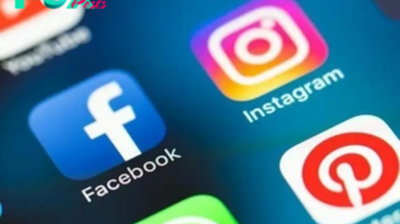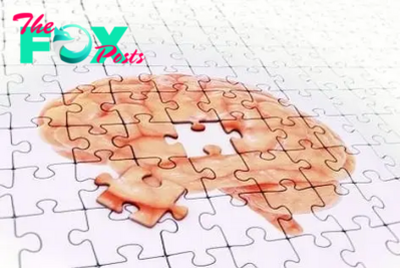Technology
Social media could harm youth mental health
Social media can profoundly harm the mental health of youth, particularly adolescent girls, the US Surgeon General warned in an advisory on Tuesday, and he called for safeguards from tech companies for children who are at critical stages of brain development.
US Surgeon General Vivek Murthy said that while social media offers some benefits, there are "ample indicators that social media could also harm children's well-being."
"We are in the middle of a national youth mental health crisis, and I am concerned that social media is an important driver of that crisis - one that we must urgently address," Murthy said.
Social media use may cause and perpetuate body image issues, affect eating behaviors and sleep quality, and lead to social comparison and low self-esteem, especially among adolescent girls, the advisory said, citing responses from a survey conducted among adolescents.
Adolescents who spend more than three hours per day on social media face double the risk of experiencing poor mental Health outcomes, such as symptoms of depression and anxiety, according to the advisory.
Most adolescents say social media helps them feel more accepted, more supported during tough times, more connected to their friends, and more creative, the advisory also said.
It said policymakers should strengthen safety standards in ways that enhance those benefits for children of all ages, while noting that inappropriate and harmful content continues to be easily and widely accessible to children.
Tech companies should adhere to age limits to control access to social media platforms, and be transparent about data regarding the impact of their products on children, the advisory urges.
Algorithms and platform design should seek to maximize the potential benefits of social media instead of features designed to make users spend more time on them, it said.
"The first principle of healthcare is to do no harm - that's the same standard we need to start holding social media platforms to," said Saul Levin, CEO of the American Psychiatric Association.
The report includes suggestions for what parents, tech companies, as well as children and adolescents, can do to avoid dangerous pitfalls and make the social media experience more positive. They include creation of a family media plan, encouraging of in-person friendships, talking to children about how they spend their time online, and encouraging them to seek help should they need it.
It included a reminder of the new 988 Suicide and Crisis Lifeline "if you or someone you know is experiencing a mental Health crisis."
-

 Technology2h ago
Technology2h agoOpioid-free surgery treats pain at every physical and emotional level
-

 Technology2h ago
Technology2h agoMeat has a distinct taste, texture and aroma − a biochemist explains how plant-based alternatives mimic the real thing
-

 Technology2d ago
Technology2d agoAI harm is often behind the scenes and builds over time – a legal scholar explains how the law can adapt to respond
-

 Technology2d ago
Technology2d agoAwkwardness can hit in any social situation – here are a philosopher’s 5 strategies to navigate it with grace
-

 Technology2d ago
Technology2d agoNo need to overload your cranberry sauce with sugar this holiday season − a food scientist explains how to cook with fewer added sweeteners
-

 Technology3d ago
Technology3d agoThere Is a Solution to AI’s Existential Risk Problem
-

 Technology3d ago
Technology3d agoUS pushes to break up Google, calls for Chrome sell-off in major antitrust move | The Express Tribune
-

 Technology4d ago
Technology4d agoPublic health surveillance, from social media to sewage, spots disease outbreaks early to stop them fast



























